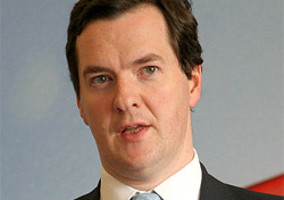The British public’s “ideal charity” would spend 42 per cent of its total income on campaigning, fundraising and on running costs and the remaining 58 per cent on “helping beneficiaries”, according to a new report by nfpSynergy.
The report, entitled: According to the public, how should the ideal charity spend its income? published by npfSynergy today, is based on a sample of 1,000 adults and aims to “provide information about public views on ideal charity spending”.
The study shows that, on average, a respondents’ ideal charity would spend as much as 58 per cent of its total income on “helping beneficiaries”, while respondents said that their “ideal charity” would spend around 14 per cent each on other costs, including fundraising and staff costs.
Nearly 70 per cent of respondents also said that they viewed a charity’s chief executive’s salary as an “administrative cost” and said that the level of pay received by an organisation chief executive was the “second most important factor on deciding which charity to donate to”.
The most important reason respondents gave for supporting a charity was “the number of beneficiaries” it had.
A fifth of total respondents said they “were not sure” how much a charity chief executive should be paid, while 23 per cent said that between “£40,000-£60,000” would suffice.
According to the report, the least important factor to respondents when deciding which charity to donate to was fundraising costs. Just 16 per cent of respondents said they considered this factor, when deciding on an organisation to support.
The report says this is “especially interesting, considering the negative media coverage the charity sector has exposed to since the beginning of last summer”.
Recommendations
“Although the sector is generally open with its accounts, the public still craves more transparency or a more ‘managed transparency’.
"Hand-holding with donors and presenting them with key facts from your accounts rather than directing them to a dense annual report, or worse still expecting them to go to the Charity Commission website for information, is likely to be far more successful.
“Charities should make sure they talk about their decisions on where and how they spend their money with donors to ensure that they are setting the agenda – if not, then it will be the media that decides how this discussion is framed, and last summer’s coverage indicates they will not be particularly favourable to charities.”
Related articles











